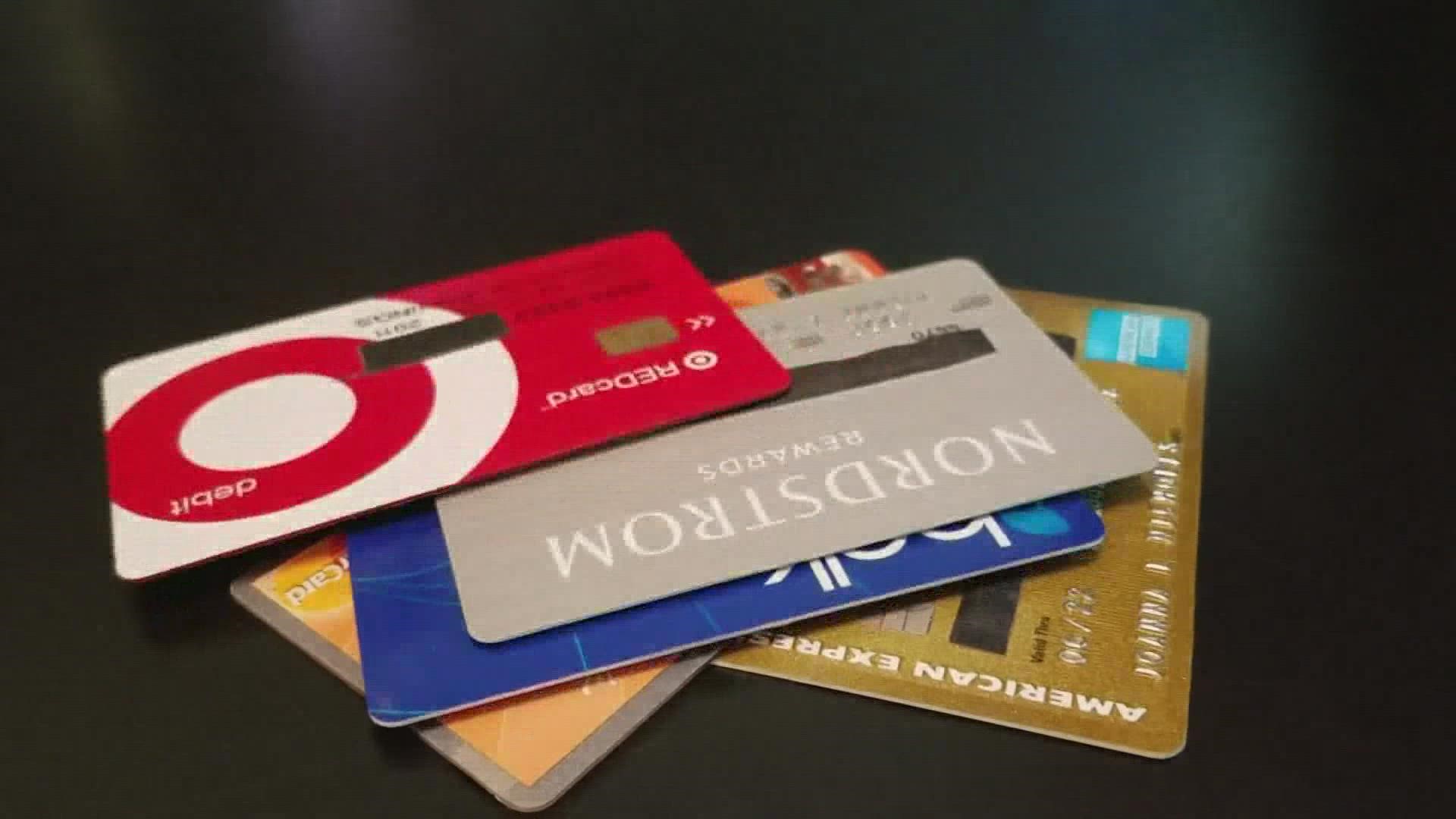WACO, Texas — The cost of borrowing money is on the rise, yet again.
The Federal Reserve raised interest rates by half of a point Wednesday. It is the seventh time the Fed has increased the rates, which now makes it the highest level in 15 years.
The Fed is continuing to raise inflation because the chairman says they have a goal to get the inflation rate at two percent over the long term.
Dr. Ray Perryman of The Perryman Group said the Fed's effort to tackle inflation is showing success.
"Some numbers came out yesterday that show us that inflation is getting better," the economist said. "It's not as as steep and severe as it was and that's encouraging. That's one of the reasons why the Federal Reserve can begin to back off the magnitude of these rate increases, but I think until we see substantially better numbers than we're seeing now, the Federal Reserve needs to remain involved."
The increase in interest rates are in effort to combat inflation and slow down borrowing by making it more expensive. This means new mortgages and car loans will cost more -- even paying off credit card debt gets pricier.
Perryman said you could benefit or not benefit from the interest rate hike depending which side of the balance sheet you are on.
"That person who owes a balance, borrowing money, you're going to pay more," he explained. "If you're a person who is receiving returns on your savings and that sort of thing, you're going to be better off."
The Fed plans to keep raising rates until inflation hits their goal of 2%. It's at 7.1% right now.
Analysts say the hardest hit in this action are credit card debtors.
"It's kind of bitter medicine, but it's needed," said Ted Rossman, a senior analyst for Bankrate.com. "I mean, it's not great for people who have credit card debt, it's not great for people who are looking to buy a house or buy a car."
Americans total debt load is $16.5 trillion and credit card balances are up 15% over the past year, according to Rossman.
He said Americans are relying on their credit cards quite a bit, especially as inflation raises prices significantly on just about everything.
"It's about half and half in terms of card holders who carry debt versus those who pay in full," Rossman added. "The American Bankers Association says that 53% of active credit card accounts carry debt from month to month. If you use your cards and pay in full, that's great. I mean, you get rewards you get all these other benefits. If you're carrying debt though at an average rate approaching 20%, that's why it needs to be such a priority to pay this down."
Rossman said the national average credit card interest rate has never been higher at 19.42% and he believes it could exceed 20% after the Fed's latest increase.
"Credit card debt is getting more expensive, that's something I worry about in the context of record high debt loads, record high rates, people are doing all this holiday shopping -- I think there could be a debt hangover in the new year."
That is why Rossman recommends making that credit card debt pay off a top priority. Here are some of his recommendations to do that:
- Get a 0% balance transfer card
- Get a low rate personal loan
- Contact a non-profit credit counselor
- Consider a side hustle
Click here for more tips from Bankrate.com.
Perryman believes by the middle of next year, the economy, along with interest rates, will look a lot better.
Officials have said they plan to keep rates higher through next year with no reductions until 2024.

